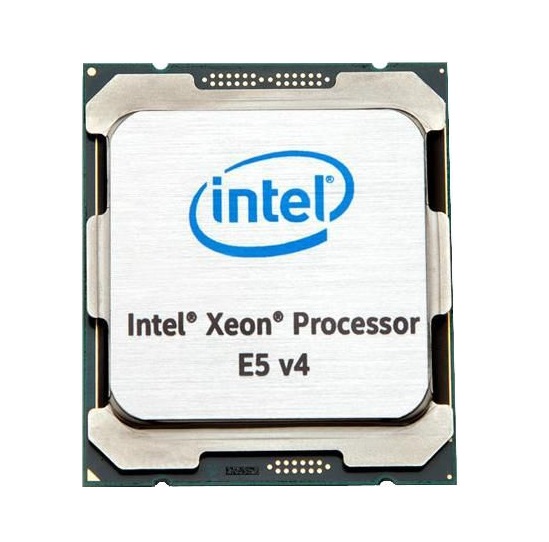CPUs and Processors
Welcome to our online store, where we offer a wide range of CPUs and processors for your computing needs. Whether you're building a new computer or upgrading your existing system, we have the right CPU or processor for you.
CPUs (Central Processing Units) and processors are the most important component of a computer system. They are responsible for executing all the commands and processing data. A good CPU or processor can make a significant difference in the performance of your computer, making it faster and more responsive.
Benefits:
High performance:A good CPU or processor can significantly improve the performance of your computer, making it faster and more responsive.
CPUs (Central Processing Units) and processors are the most important component of a computer system. They are responsible for executing all the commands and processing data. A good CPU or processor can make a significant difference in the performance of your computer, making it faster and more responsive.
Fiber Channel Controllers are hardware devices that are used to manage data storage and transfer in computer systems. They enable high-speed data transfer between servers and storage devices using Fiber Channel connectivity. Here are some of the key benefits, types, components, and maintenance considerations for Fiber Channel Controllers. Fiber Channel Controllers offer high-speed data transfer rates of up to 32 Gbps, which can be beneficial for businesses and organizations that need to transfer large amounts of data quickly. Fiber Channel Controllers can support multiple servers and storage devices, making it easy to scale up as your business grows. Fiber Channel Controllers provide redundancy and fault-tolerance features that ensure data availability and protection from data loss. Host Bus Adapters are the most common type of Fiber Channel Controllers. They are installed in the host server or workstation and provide the connectivity to the storage network. Fiber Channel switches provide a central point of connectivity for Fiber Channel devices, including servers and storage devices. Bridges are used to connect two different types of Fiber Channel networks or to extend the distance between two devices in a Fiber Channel network. Fiber Channel Controllers come with one or more Fiber Channel ports. These ports are used to connect the controller to the storage network. Fiber Channel Controllers can have cache memory to temporarily store data, which can help improve performance. Redundancy features such as dual ports, dual power supplies, and RAID can provide added reliability and protection for data. Regular firmware updates can improve performance and security. Regular testing can help identify and prevent potential issues before they become major problems. Proper cooling is important for maintaining optimal performance and preventing overheating. In conclusion, Fiber Channel Controllers offer high-speed, reliable, and scalable data transfer for businesses and organizations. With different types, components, and maintenance considerations to choose from, it's important to select the right Fiber Channel Controller for your system. Regular maintenance can also ensure that your Fiber Channel Controller is operating at peak performance and security.Fiber Channel Controller
Benefits of Fiber Channel Controllers:
High-Speed Data Transfer:
Scalability:
Reliability:
Types of Fiber Channel Controllers:
Host Bus Adapters (HBAs):
Switches:
Bridges:
Components of Fiber Channel Controllers:
Fiber Channel Ports:
Cache Memory:
Redundancy Features:
Maintenance of Fiber Channel Controllers:
Regular Firmware Updates:
Regular Testing:
Proper Cooling:












